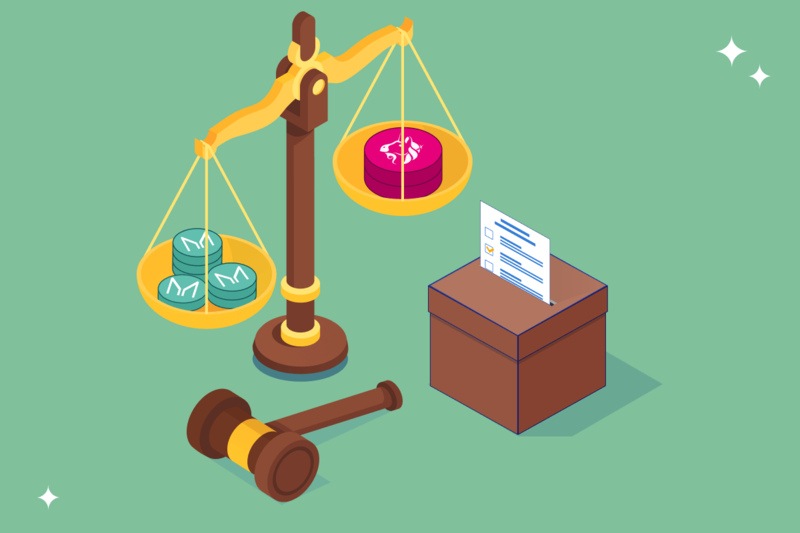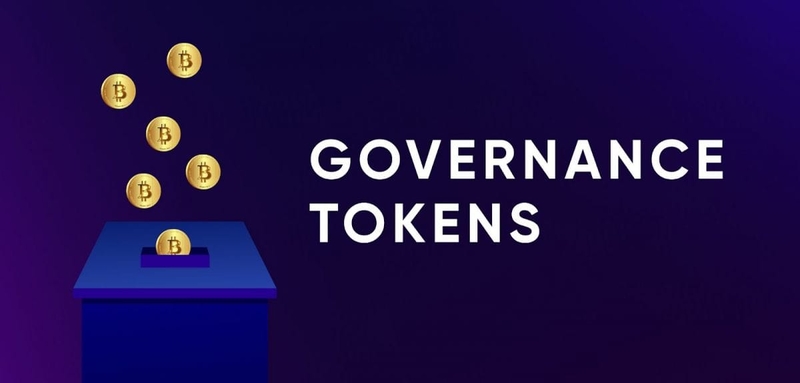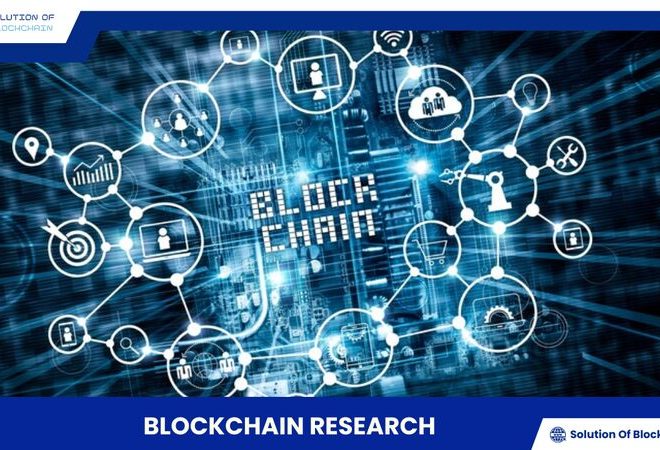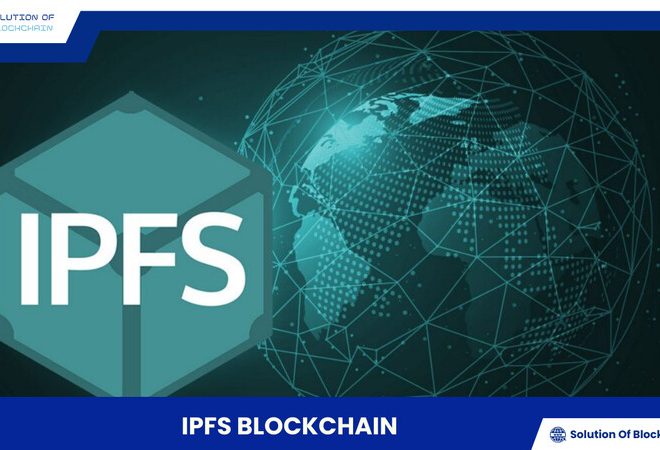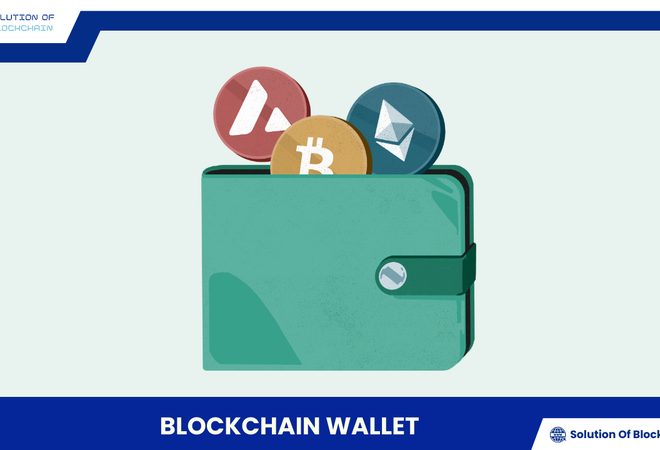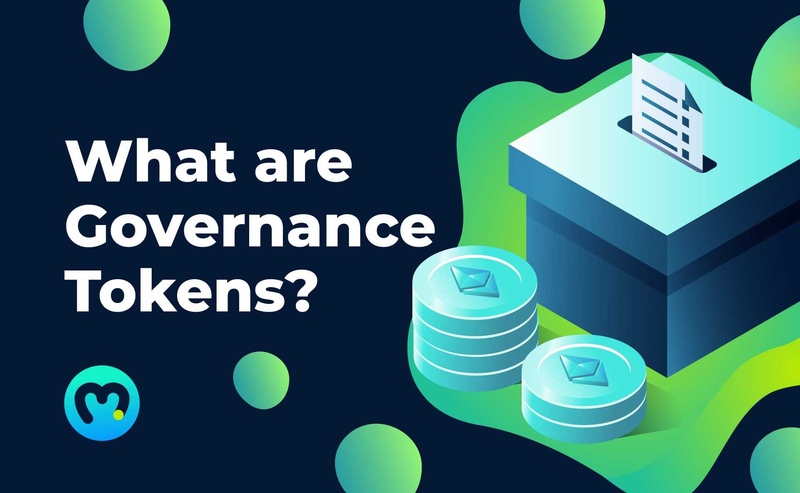
What are governance tokens? How does it work?
In the ever-evolving world of cryptocurrency, governance tokens have emerged as a groundbreaking trend, empowering communities to directly participate in a project’s development. But what are governance tokens? How do they function, and what are their advantages and disadvantages? Let’s delve into the details in this comprehensive article.
What are Governance Tokens?
A governance token is a type of digital token that represents voting rights within a blockchain project. In essence, owning governance tokens grants you the power to participate in the project’s management and decision-making processes. Your voting power is typically proportional to the number of tokens you hold: the more tokens you own, the greater your influence.
Distinguishing Governance Tokens from other Token types:
- Utility tokens: These are used to access products or services within a blockchain platform. For example, BNB is used to pay transaction fees on the Binance Smart Chain.
- Security tokens: These represent ownership in a company or asset. Security tokens are often issued through Security Token Offerings (STOs).
Governance tokens differ in that they focus on granting governance rights to the community. Holders can propose changes, vote on crucial decisions, and shape the project’s trajectory.
How Governance Tokens work?
The mechanism behind governance tokens is an intriguing process that allows users to directly participate in decision-making and shape the direction of a blockchain project. Imagine it as a form of digital democracy, where each token you hold is equivalent to a ballot!
Here are the basic steps involved in the governance token mechanism:
Proposal
- Any governance token holder can submit a proposal for changes to the project.
- These proposals can range from minor parameter adjustments within the protocol to adding new features or even completely overhauling the project’s operational model.
- For example, in the Aave DeFi project, users can propose changes to lending interest rates, add new collateral asset types, or adjust risk parameters.
Discussion
- Once a proposal is submitted, the community discusses its feasibility, benefits, and potential risks.
- These discussions often take place on forums, chat groups, or the project’s social media channels.
- The goal is to ensure everyone understands the proposal and can provide constructive feedback.
Voting
- With sufficient information and consensus, the community votes on the proposal.
- Each governance token equates to one vote, so those holding more tokens have greater voting power.
- The voting process is typically conducted through a decentralized system, ensuring transparency and fairness.
- For example, in the MakerDAO project, MKR token holders can vote to change the Stability Fee of DAI.
Implementation
- If a proposal receives enough votes in favor (usually a majority), it is automatically executed via smart contracts.
- Smart contracts are pre-programmed agreements on the blockchain, ensuring that community decisions are implemented automatically and without interference.
Advantages of Governance Tokens
- Transparency and fairness: All decisions and changes within the project are made publicly and transparently on the blockchain, allowing any member to track and verify them. This eliminates centralized control and ensures everyone is treated fairly.
- Increased community participation: This token encourage users to actively engage in the project’s development, contributing ideas and voting on crucial decisions. This not only helps the project evolve in line with the community’s best interests but also fosters engagement and promotes sustainable growth.
- Decentralized governance: This token empower the community, eliminating centralized control and protecting the project from arbitrary or biased decisions.
- Increased token value: As the project grows, the demand for and holding of governance tokens increases, contributing to the token’s appreciation in value.
Disadvantages of Governance Tokens
- Risk of manipulation by “whales”: “Whales” are individuals who hold a large number of governance tokens. They can leverage this to manipulate voting outcomes in their favor, potentially harming the project’s development.
- Slow decision-making process: Gathering community input and conducting votes can be time-consuming, potentially delaying the implementation of critical changes and updates.
- Knowledge and understanding requirements: Participants in governance need a certain level of knowledge and understanding of the project, the cryptocurrency market, and the governance token mechanism to make informed decisions.
- Difficulty in reaching consensus: In a diverse community, reaching consensus on important issues can be challenging, leading to disagreements and conflicts.
How to acquire and use Governance Tokens
Acquiring and using governance tokens opens the door to participating in the exciting world of decentralized governance, where you have a voice in shaping the future of blockchain projects. Here’s a detailed guide on how to acquire and use this token:
Acquiring Governance Tokens
There are several ways to acquire governance tokens, each with its own advantages and requirements:
Purchasing on exchanges: This is the most common method. You can buy them on reputable cryptocurrency exchanges like Binance, Coinbase, KuCoin, Gate.io, Huobi, etc.
- Advantages: Fast, easy, diverse token selection.
- Requirements: You need an account on the exchange, complete identity verification (KYC), and have cryptocurrency or fiat currency available to purchase tokens.
- Note: Each exchange has different regulations and fees. Do your research before trading.
Participating in Airdrops: Airdrops are events where projects distribute tokens to the community for free. This is a great opportunity to acquire governance tokens without any cost.
- Advantages: Free, simple.
- Requirements: Usually, you need to complete simple tasks like following the project’s social media, joining their Telegram group, retweeting posts, etc.
- Note: Be wary of scam airdrop projects.
Staking and Yield Farming: Many DeFi (Decentralized Finance) platforms offer governance tokens as rewards for users who participate in staking (locking up tokens) or yield farming (providing liquidity).
- Advantages: Earn passive income from holding tokens.
- Requirements: You need knowledge of DeFi and the platform you are participating in.
- Note: Staking and yield farming can carry risks such as token price fluctuations and smart contract vulnerabilities.
Contributing to the community: Some projects reward governance tokens to those who actively contribute to the community, such as writing articles, translating content, or developing code.
- Advantages: Opportunity to learn and contribute to the project.
- Requirements: You need skills and knowledge relevant to the project.
Using Governance Tokens
Once you own governance tokens, you can use them to participate in the project’s governance process:
- Voting on proposals: This is the most fundamental right of a governance token holder. You can vote in favor of or against proposed changes to the project.
- Submitting proposals: If you have ideas to improve the project, you can create a proposal and encourage the community to support it.
- Participating in discussions: Many projects have forums or chat groups where the community can discuss project-related issues. Participating in discussions helps you understand the project better and contribute your ideas.
- Becoming a delegate: Some projects allow users to delegate their voting rights to others (delegates). If you trust someone, you can authorize them to vote on your behalf.
Important notes
- Each project has its own governance mechanism. Thoroughly research how governance tokens function within the project you are interested in.
- Decentralized governance requires active community participation. Be proactive in learning, contributing ideas, and voting on important decisions.
- Stay updated on project developments. Follow the project’s announcements, forums, and social media channels to stay informed about the latest changes.
Future potential of Governance Tokens
Governance tokens are predicted to continue their strong growth trajectory in the future, with applications expanding into various sectors:
- DeFi: Governance tokens play a crucial role in managing DeFi protocols, ensuring transparency and fairness within the system.
- NFTs: Governance tokens can be used to manage NFT communities and decide on project development matters.
- Metaverse: Governance tokens can allow users to participate in building and managing virtual worlds within the Metaverse.
However, governance tokens also face some challenges:
- Regulatory uncertainty: The lack of clear regulatory frameworks for governance tokens can hinder the growth of this asset class.
- Security concerns: Projects using governance tokens need to ensure high security to prevent cyberattacks and the risk of asset loss.
Governance tokens are a powerful tool for driving the development of blockchain projects towards decentralization, transparency, and fairness. By empowering communities, governance tokens enable users to become true stakeholders in a project, participating in decision-making and shaping the platform’s future.
Despite facing some challenges, the potential for governance tokens is immense. In the future, they are expected to play a vital role in building a decentralized, transparent, and sustainable blockchain ecosystem.
Solution Of Blockchain hopes this article has helped you understand “What are governance tokens?” If you have any further questions, please leave a comment below, and we’ll be happy to assist you!


